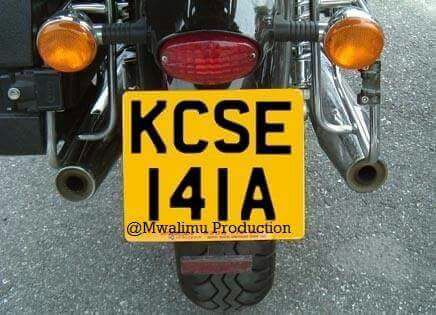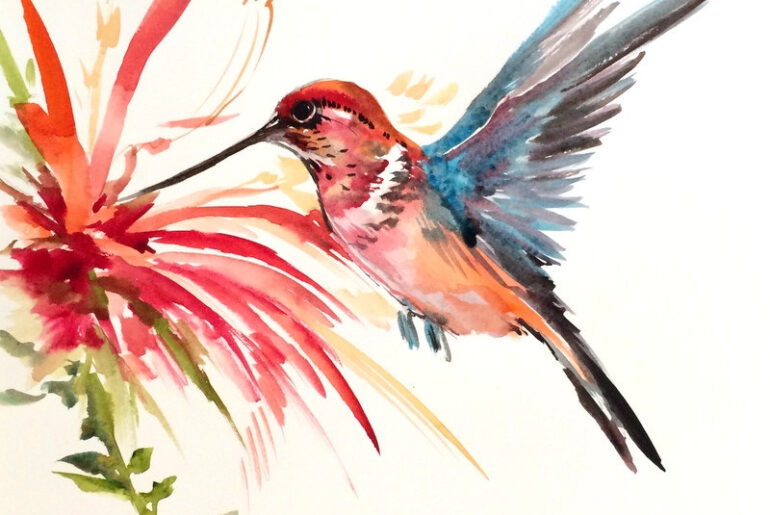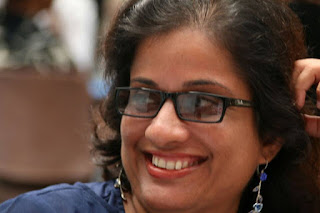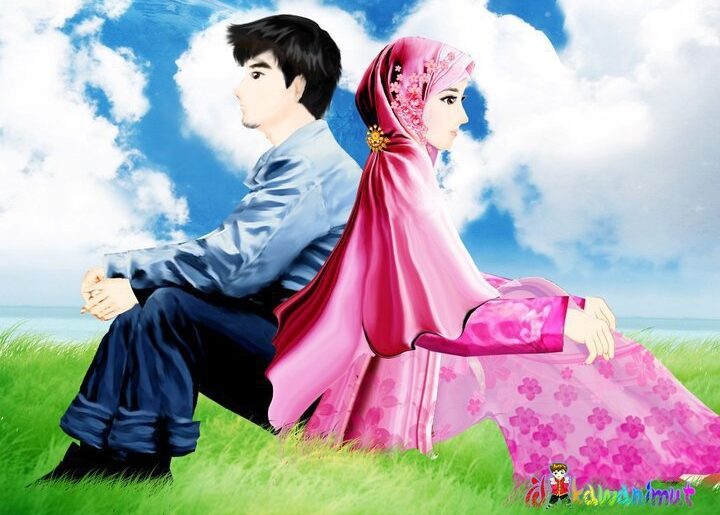Photo Courtesy: I have no idea who has the brains to do this ?
After the surprise release of results and the shock that followed, Matiang’i still remains to be the man of the hour; the man of 2016. Whether we like him or not, we can’t deny that he is irresistible! You just can’t help but adore the man. From when he entered office, we have seen MAJOR changes never seen in Kenyan history.
He declared it forbidden for schools to hold any events during the third term, he denied candidates to enter the exam room with any watches, pencil pouch or even a mathematical set. All stationary was to be in transparent paper bag. He ensured that during the examinations no students were around and teachers except the head and the deputy. He literally did the rounds himself to some schools during the examinations to ensure no irregularities. He had both the KCPE and KCSE results released before the completion of a month after the seating. And why I say this man will remain of the hour is his enigmatic style of doing things. On 29th we suddenly had breaking news just out of the blue for the release of KCSE results. For the past few days before that, I could hear candidates create panic attacks amongst themselves with the false alarm always, “I hear the results will be released today!” As much as the exams were practically ‘made familiar’ with almost all questions coming from the ‘made familar series books’, candidates were barely eating, barely sleeping, moving into their grandma’s homes so as not to be asked their index numbers 😀 He kept Kenyans on suspense and hands on their hearts always. It’s like he wants to play this hide and seek game yet wanting to prove that THIS IS HIS GAME!
For the first time in history we are having at least more realistic results than ever. They look clean and it really clarifies where we are as a country. Matiang’i has insisted that he won’t allow any monkey business in his reign and that cheating is out of his dictionary. A new system has also come up whereby students won’t be using index numbers anymore but instead be using specific student identifiers throughout a student’s school life. Again Matiang’i wants to bring in common exams in universities just like the KNEC and KASNEB exams which may greatly affect the number of graduates in universities. While this will be a pain in the necks of some, students confusedly still like Matiang’i. Like he is doing something that may affect them greatly especially considering how many depend on leakage, students still can’t help but adore the man. He is doing a great job and many are ready to vote for him if he vied for presidency. Or at least he should be the chairman of IEBC right? We surely need such a clean-up in our politics too!

You know, when I remember during our days after KCPE we would have to wait until February to start school and after KCSE, have to wait for at least four to six or more months before getting their university calling letters. And if you ask the older school generations, they had to stay at home for almost two years waiting for the calling letters like they are being summoned to heaven. These people would do all kind of small jobs; from secretarial to farming to salon to doing house chores to cooking, counting the days until they would get too tired and just lie down on their beds, heads staring at the ceiling like they are tempted to commit suicide before joining university. Then the most painful part after those dreadful two years you get called for a course that you never even knew existed, in a down-town small college where your ancestors belonged. In a college with just two lecturers! Well, Matiang’i has saved some souls hasn’t he? 😀
Better still is that students finally got a longer holiday. The primary students have always been busy; always at school, always doing homework, always at tuition, always carrying heavy bags until their shoulders drop, always tired! They really deserved a longer break so that they could actually relax and have a normal childhood like it should be. So this time round both primary and secondary schools closed before November, giving them two good and healthy months to take a break. Yey Matiang’i!
Nonetheless, Matiang’i didn’t just break the headlines with 141 A’s, he also broke our ribs or rather, cracked them. You know Kenyans are never late creating memes and jokes when something happens and right now, Matiang’i it is. Whilst the old students thank God that they completed before Matiangi’s reign, everyone is still excited and amused by his style and swagger should we say? 😀 Since the day before yesterday my whatsapp has been knocked off with Matiangi jokes all thanks to the Khalifa alumni group lol and of course all over social media; still made my week though 😀
1. Yaani Matiang’i alikua holiday huko Coast kurelax beach akaona watoi wanaswim na ju hajui kuswim akaamua atoe results.
2. Next year results KCSE results zinakuja kama message ya sportpesa…CONGRATULATIONS you scored a D in KCSE results ID 1205.
3. Ati Matiang’i akiwa minister for health, madem watakuwa wanakaa na ball 4 months =, hakuna kuteseka na mizigo.
4. KCSE 2017: HISTORY PAPER 1A: Describe the Matiangi massacre and it’s significance in shaping Kenya’s education sector (20 marks)
5. Saa hii mtu mjanja anafaa afungue kinyozi ju watu wenye wanarepeat high school ni wengi na walikuwa washaweka rasta.
6.This ‘failing of the boy child’ is a strategy by the government to decongest JKUAT.
7. Kama hujaendea cert yako high school endea sai before Matiangi aifanyie corrections.
8. But those of us who finished our KCSE before Matiangi’s reign, acheni Mungu aitwe Mungu. Juu wengi wangepata certificate of participation.
9. Matiangi be like cut it cut it cut it that mark is way too high you need to cuuut it.
10.Interview job itakuwa swali moja tu ‘before or after Matiang’i?’
11. I never dreamt of a day when KCSE results would be breaking news. Congratulations Matiang’i, results are now at par with terrorist attacks.
12. Urban Dictionary:
Word: Matiangi_surprise
Example in a sentence: Hey Duncan you matiangied me.
Synonym: surprise, shock, eye opener, rude awakening.
13. Ati hao 141 wamepata A ata wanaweza form whatsapp group na wajiite ‘the only doctors, wengine ni witch doctors’
14.I hereby take this opportunity to thank my parents, for timing 😀 I did my KCSE before Matiangi 😀
Let’s all have a moment of LOL LOL LOL for the one and only Matiang’i. He has done a great job nay? Well, uni students brace yourselves, you are yet to be roasted ??
To all those who have received their results, congratulations. As the saying goes, you reap what you sow. Nonetheless one thing I realized is that, High school defines your personality yet it is university that defines your real IQ because this is where you do what you choose to do and you learn the way you want to. So whatever the case, prove your abilities in the next level. All the best ahead! 🙂














